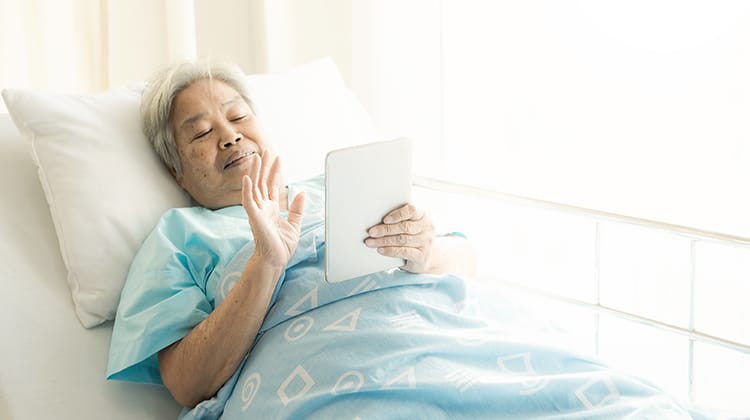To set-up a patient impactful post-acute care, it is critical to understand what is needed for successful post-discharge self-management. In a study from BMJ Quality and Safety, readmitted patients were asked about their “barriers to recovery” after their previous discharge and researchers concluded that “knowledge is not enough” related to self-care after hospital discharge. More than half of patients were challenged in carrying out the care plan given to them when initially discharged from the hospital – despite understanding (“knowing”) what they were supposed to do.
Post-discharge self-management can be viewed as a three-legged stool comprised of knowledge, planning and ability, according to the study:
- Knowledge: A patient needs to know what to do (e.g., adhere to the daily dosing guidance and suggested lifestyle changes).
- Planning: The patient has a plan for how to do it (e.g., use a pill box with compartments reflecting the daily dosing guidance, fill the pill box accurately on a regular basis, remember to obtain a refill of the prescription, etc).
- Ability: Finally, the patient is able and willing to carry out that plan (e.g., buy the medication and pill box; able to access help in filling a prescription and the pill box, be awake according to the dosing schedule).
The study highlights that discharge planning has typically focused on the knowledge aspect; partnering with a patient to plan a patient-centric strategy or discussing the patient’s ability to execute the plan is typically overlooked, leading to an imbalanced conceptual stool.
In order to better (and more frequently) assess a patient’s knowledge, capacity and willingness to plan and execute post-discharge care, clinicians can use a virtual care communication platform to help gauge the patient’s position to practice effective self-manage and self-care. This assessment can be conducted pre-discharge; a home health clinician can use video-based visits to gauge the patient’s wherewithal before the patient leaves the hospital. Post-discharge, the clinician can continue to gauge how well the patient is following through on his/her self-care plan and also use email, text, SMS, and secure messaging to remind the patient how/when to execute his/her plan on a regular basis.
As the initial 30-days post-discharge can be a very vulnerable period for patients, the healthcare ecosystem can leverage technology to prepare patients for their transition back home and to position patients for successful self-management of their respective condition and treatment. Virtual care communication platforms are critical in helping patients manage and coordinate their ongoing care while supporting the critical and compassionate work performed by their home health clinicians.

